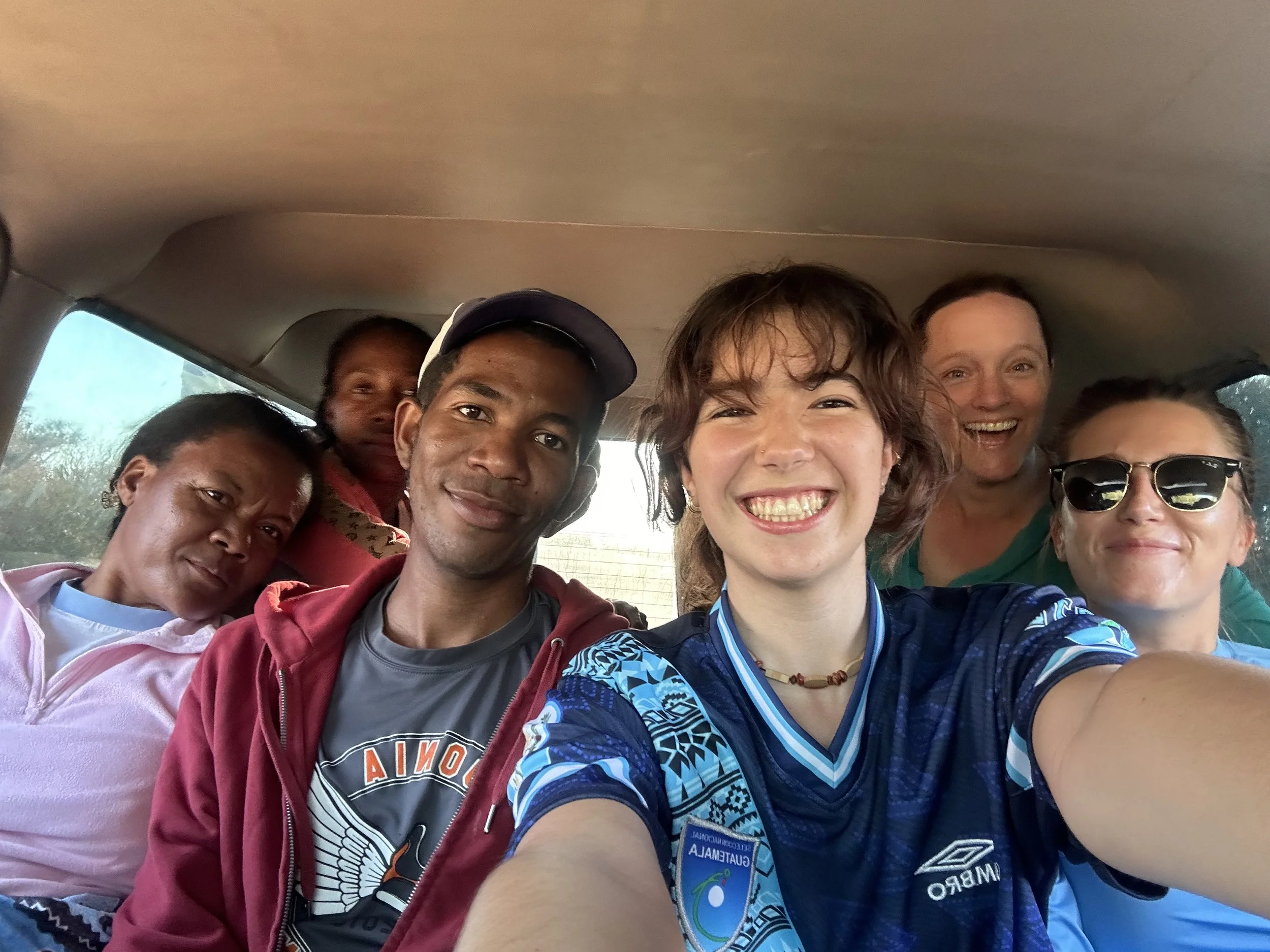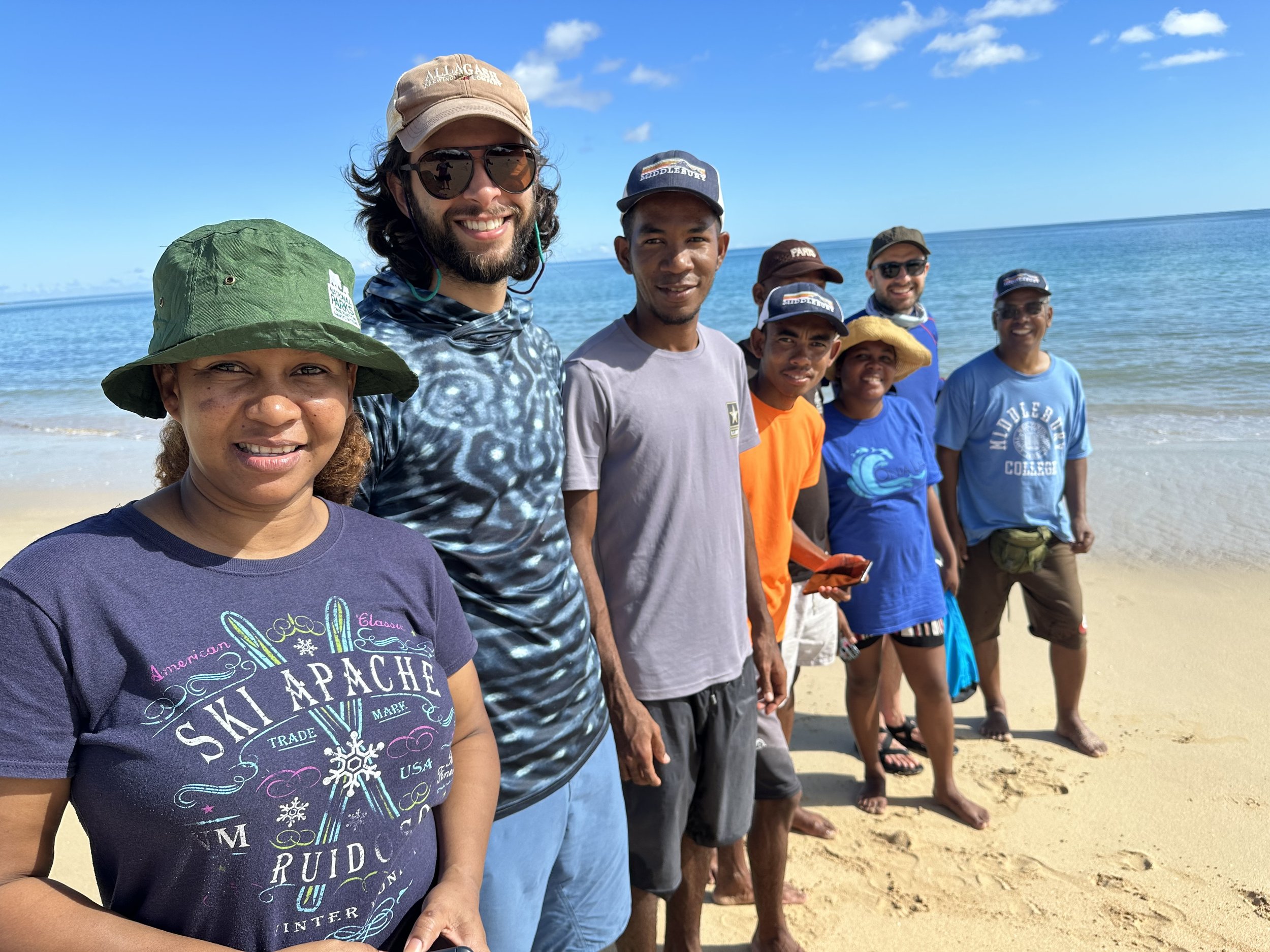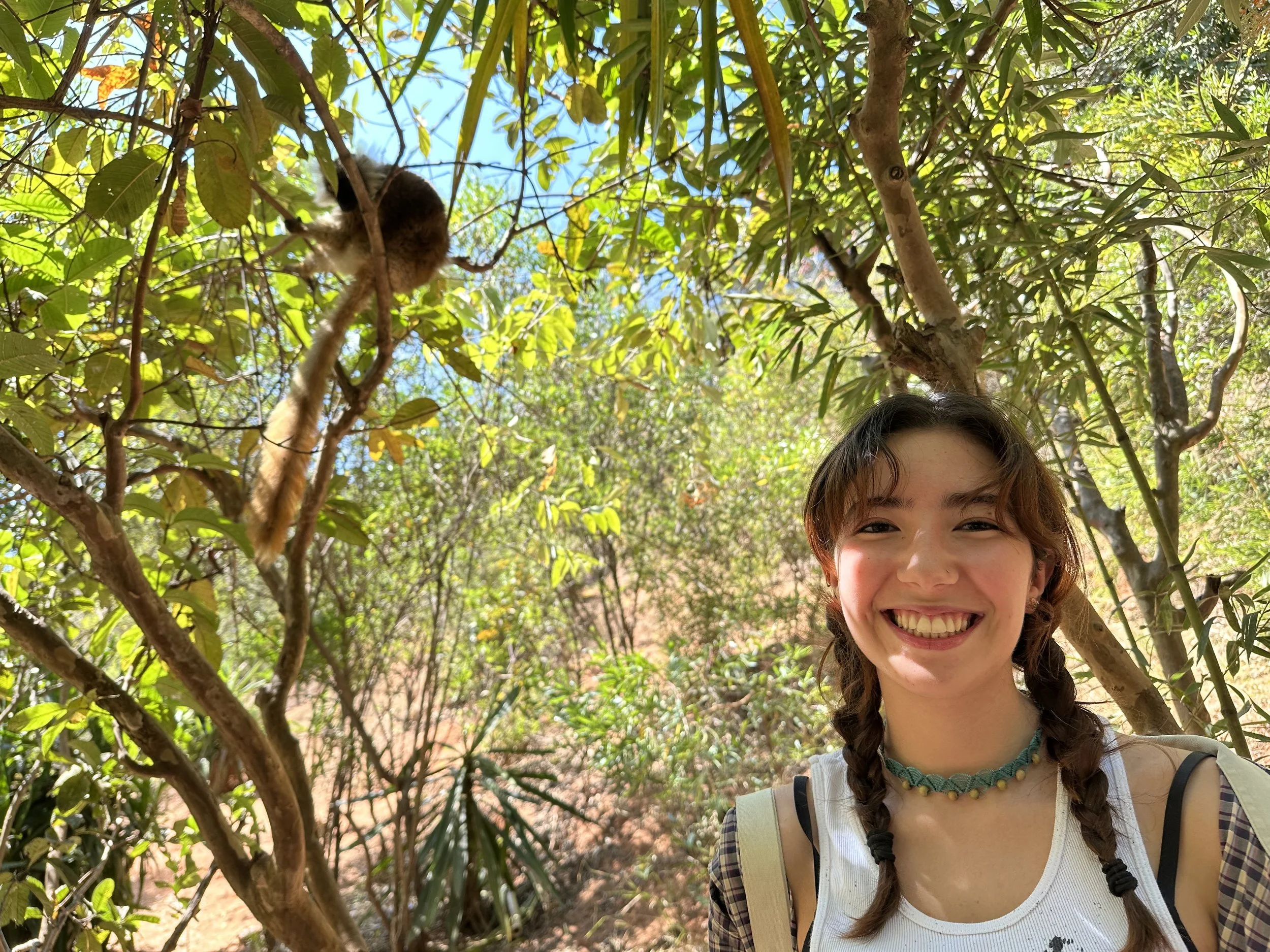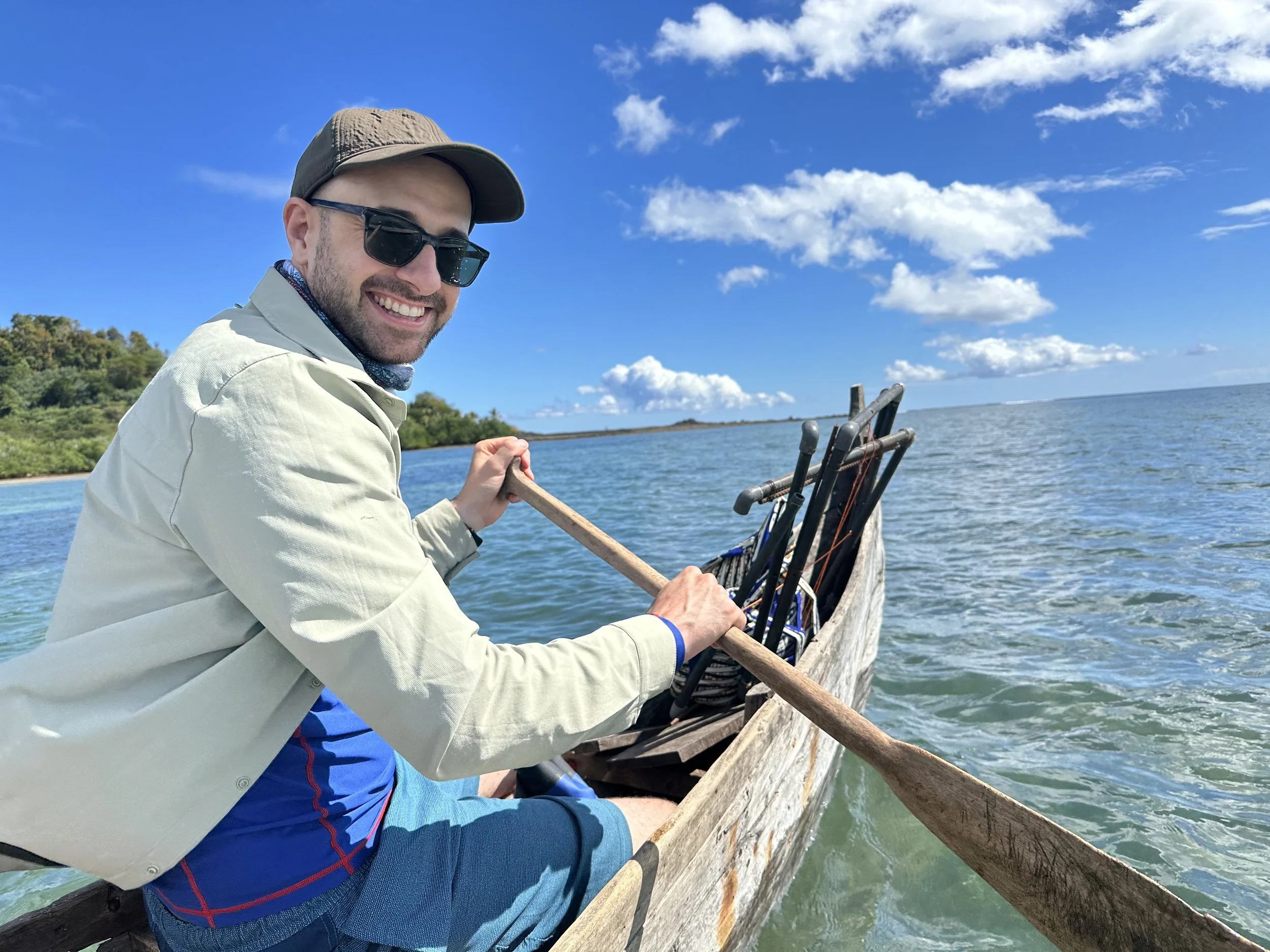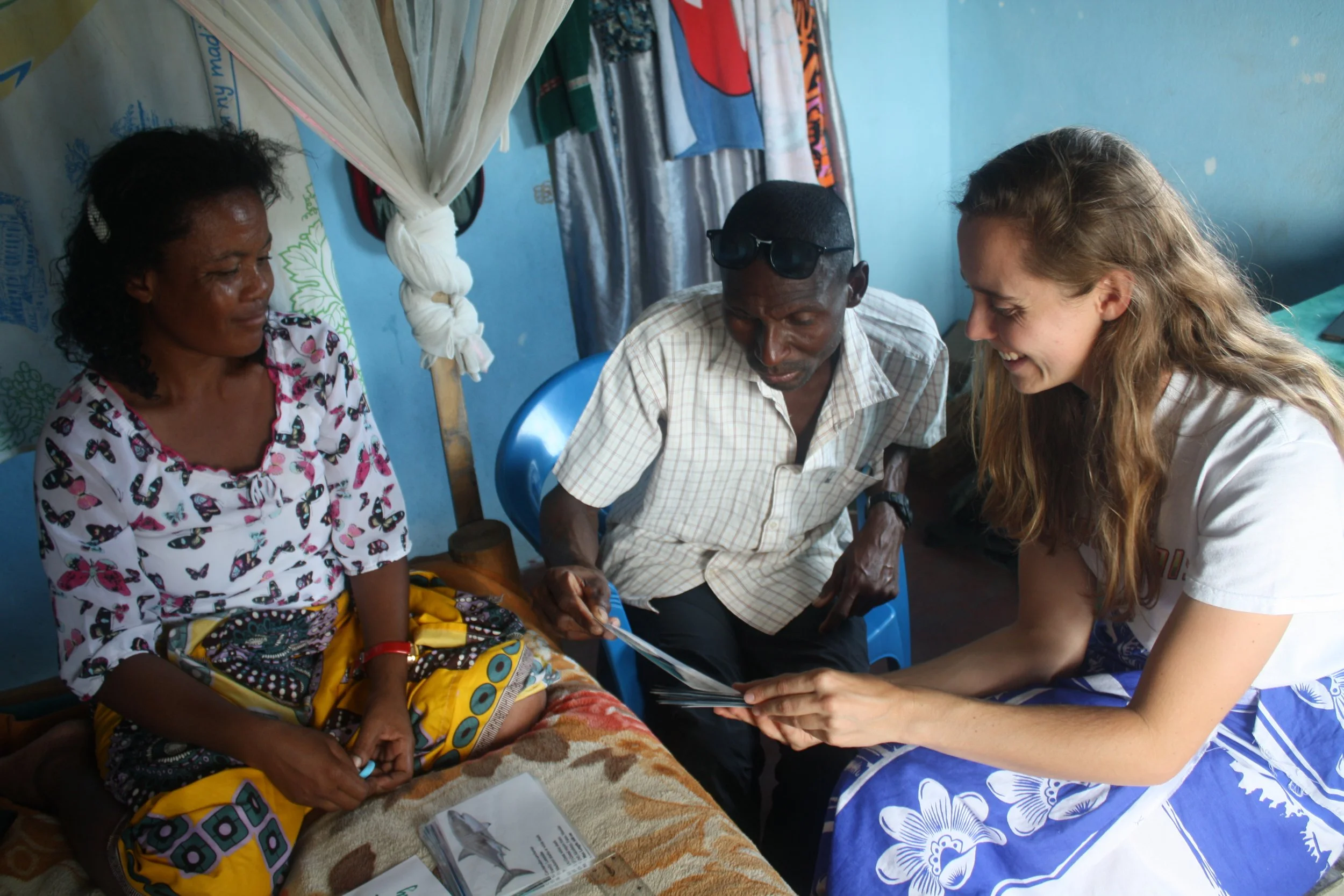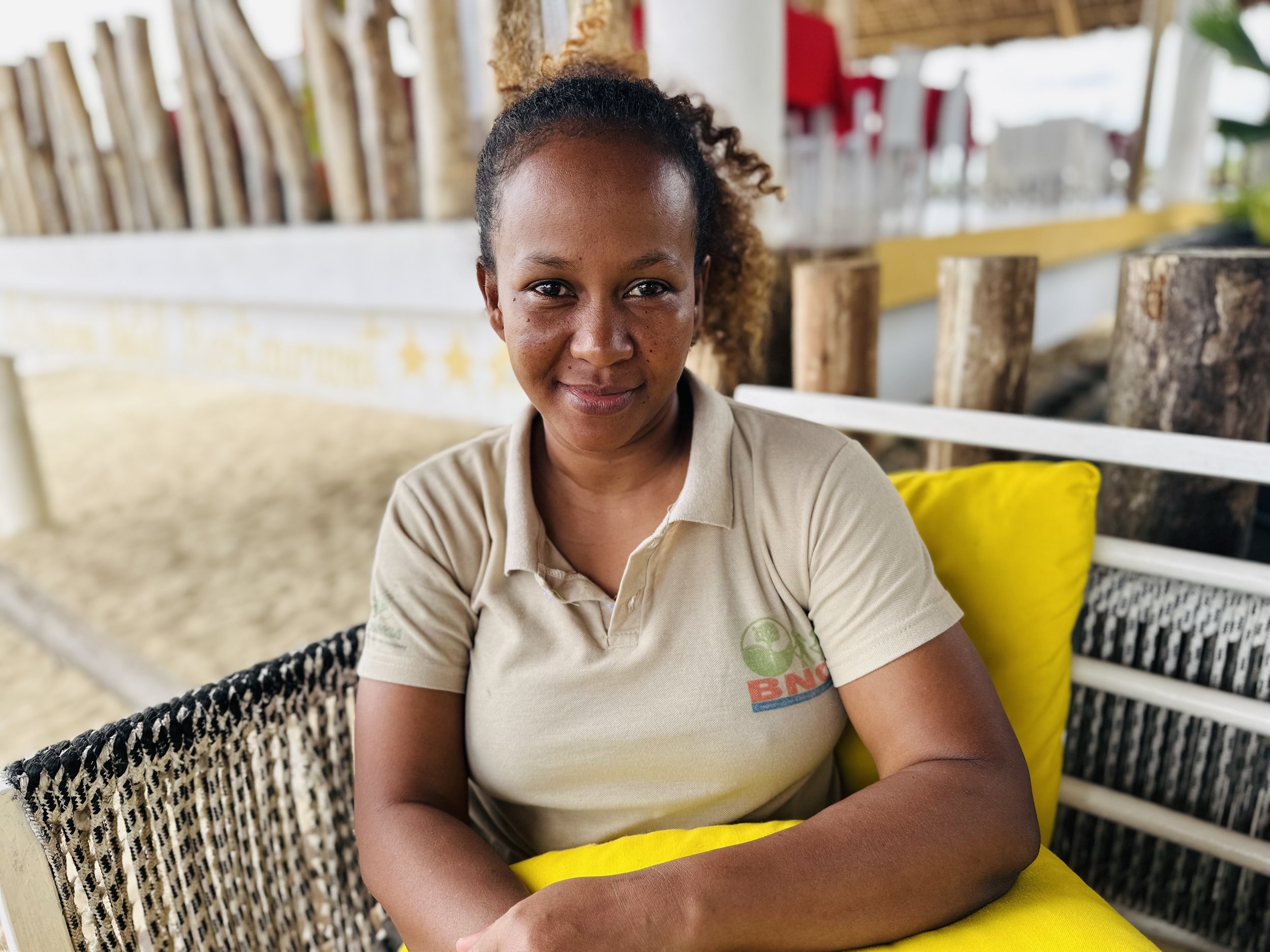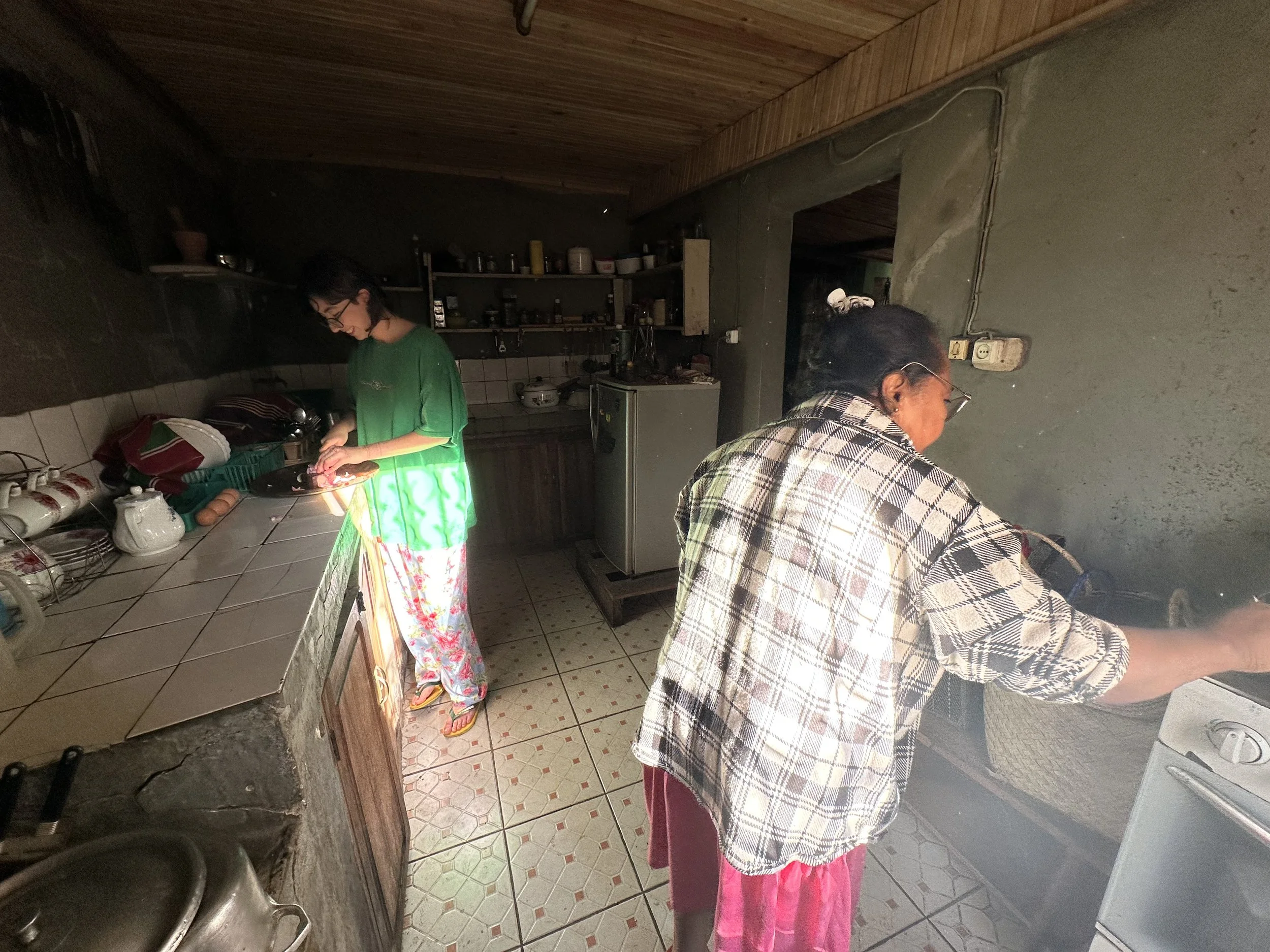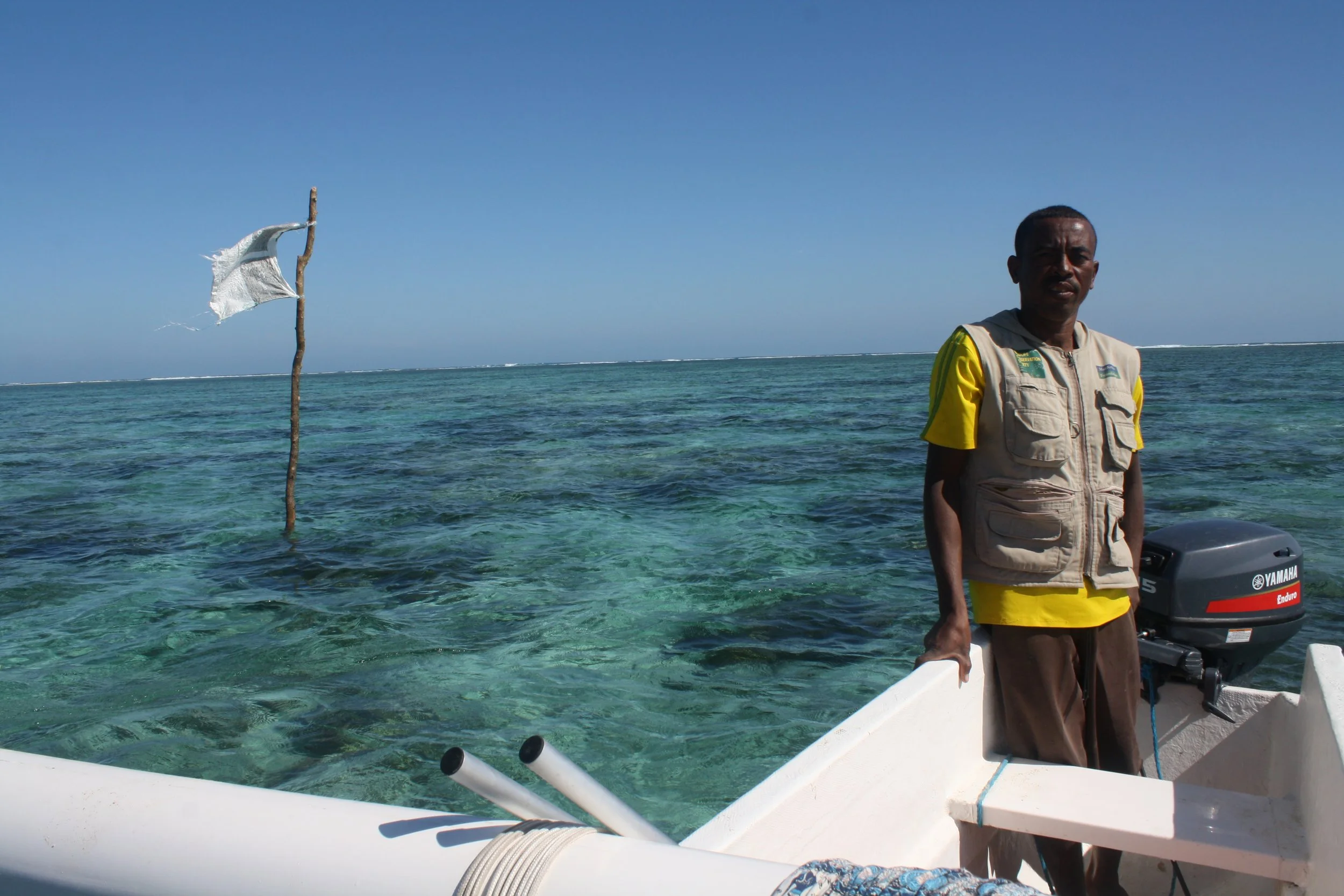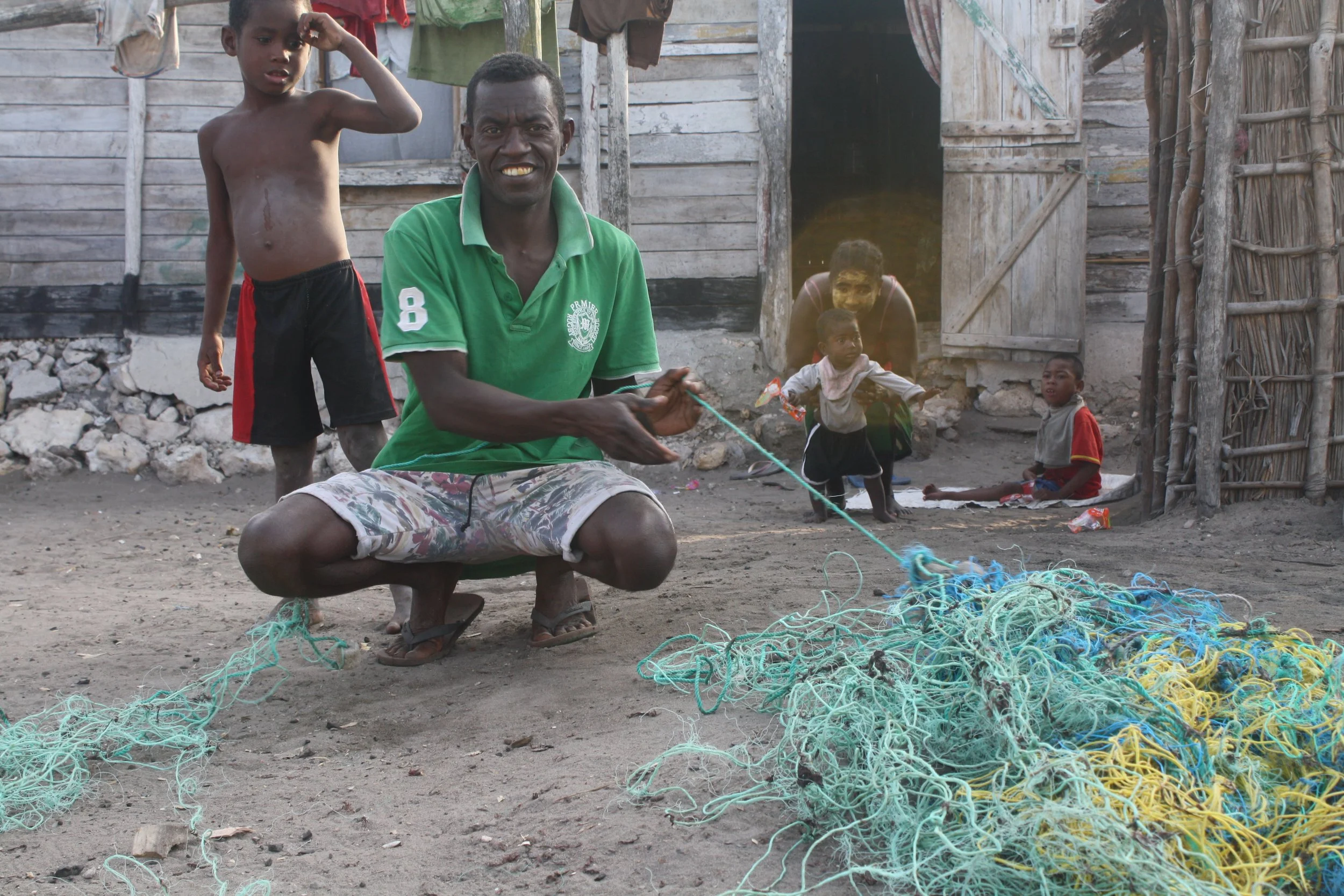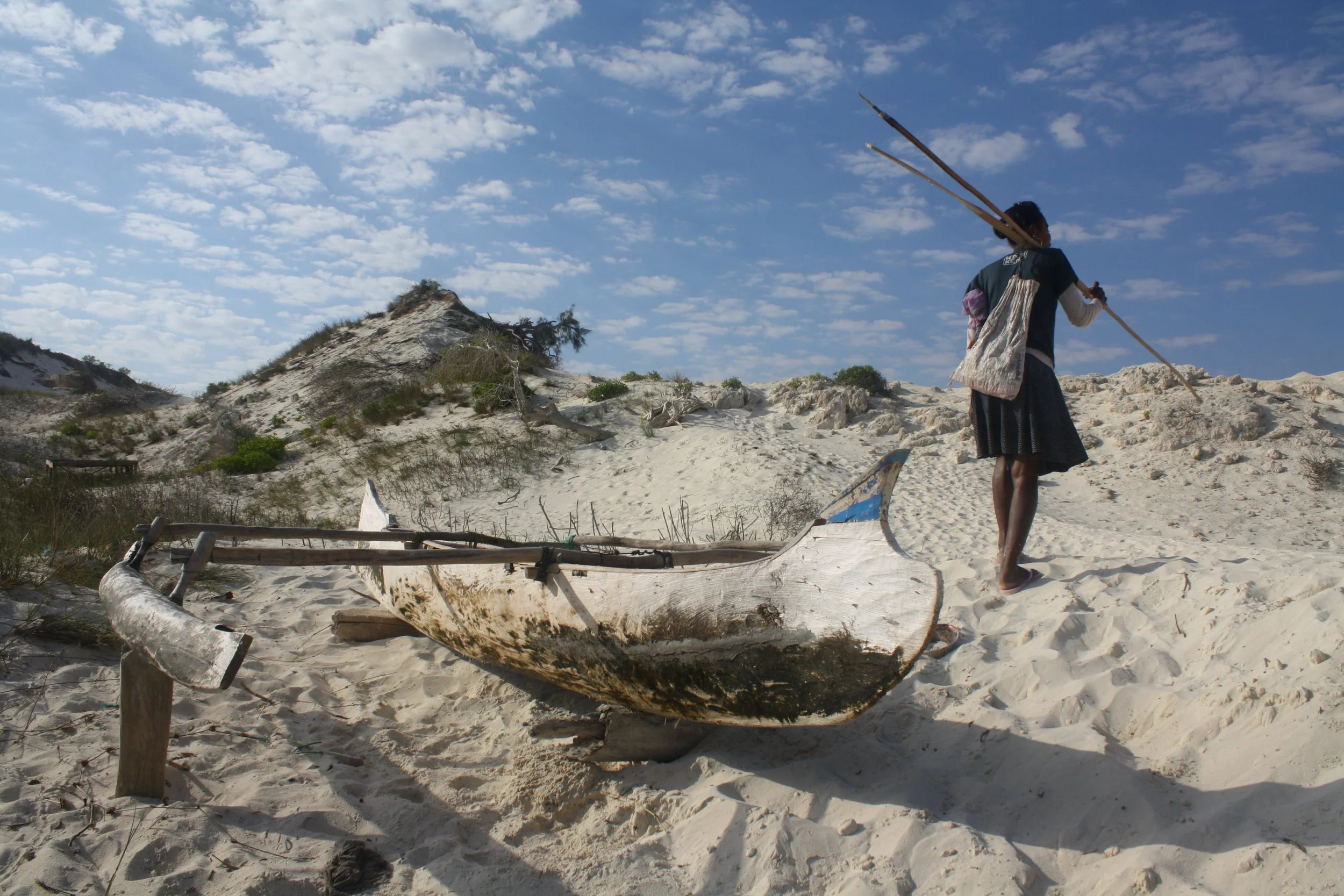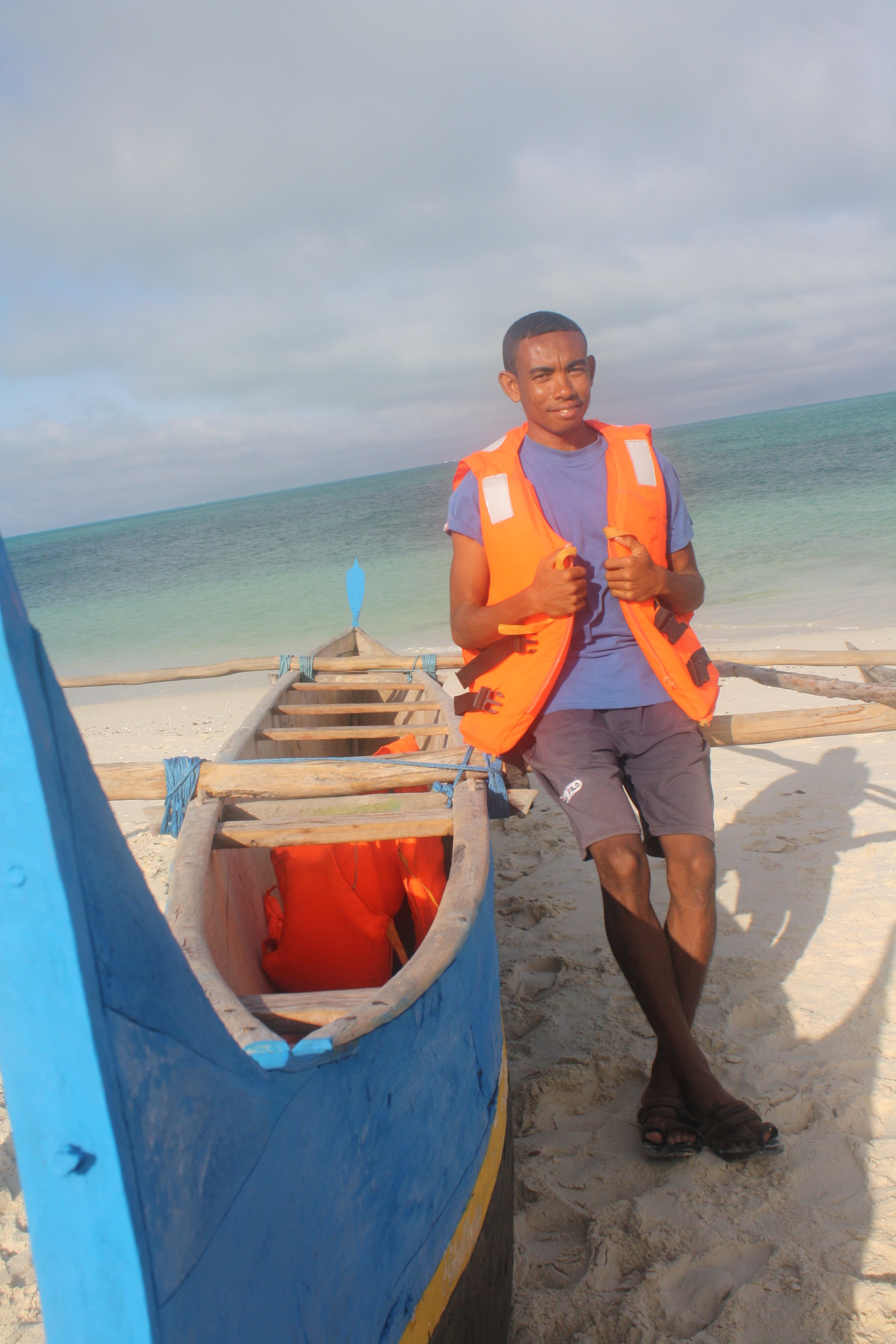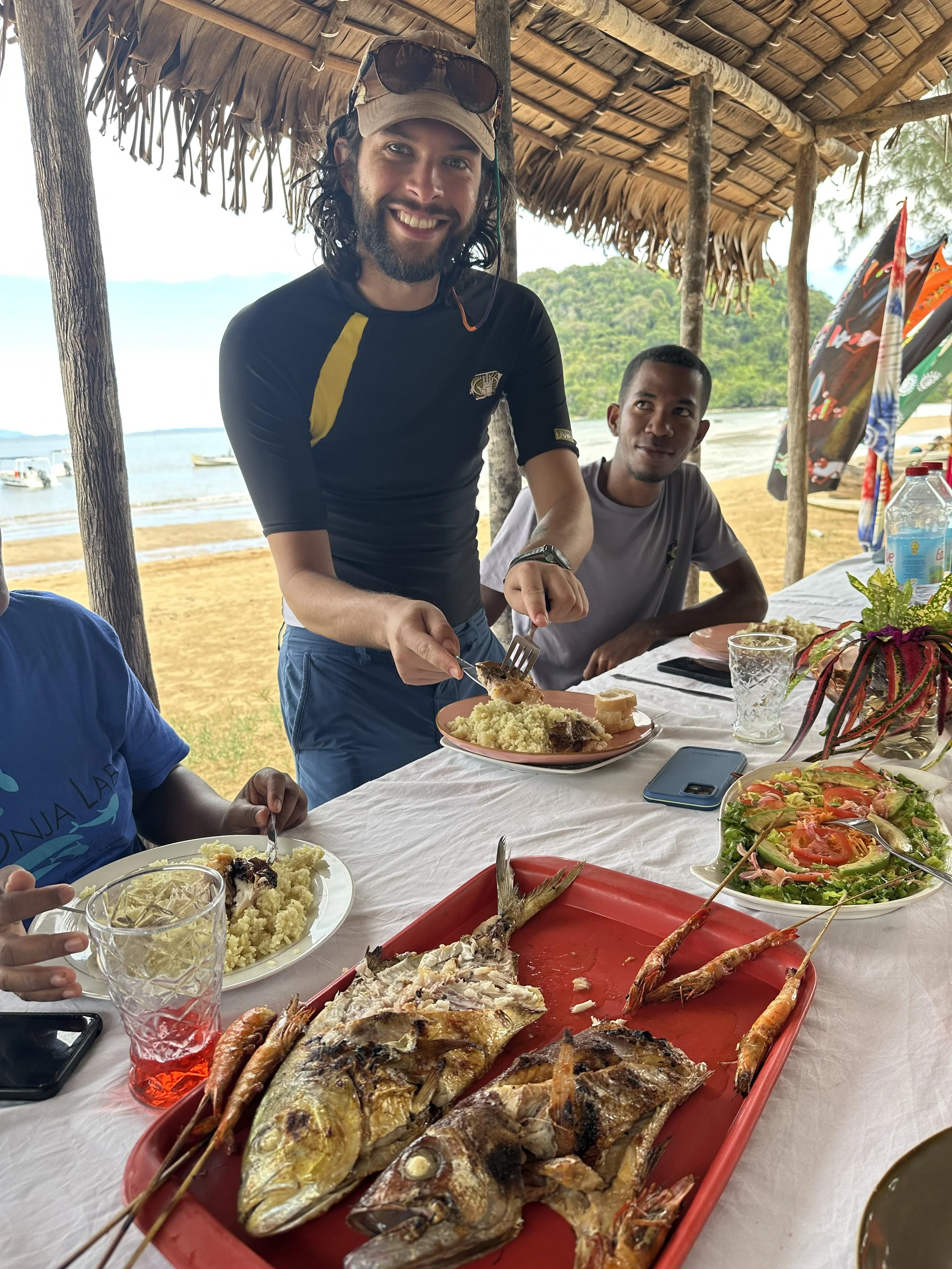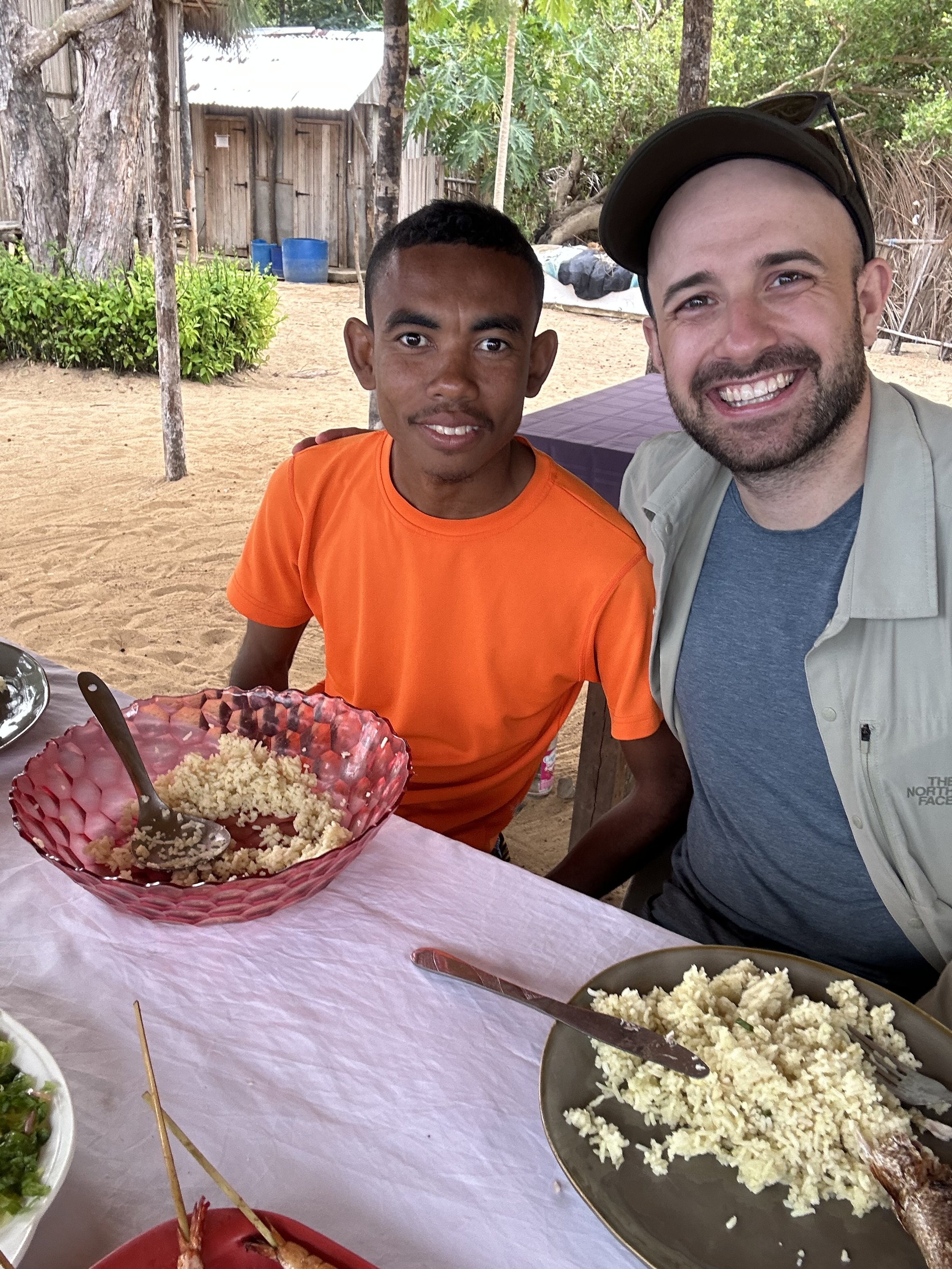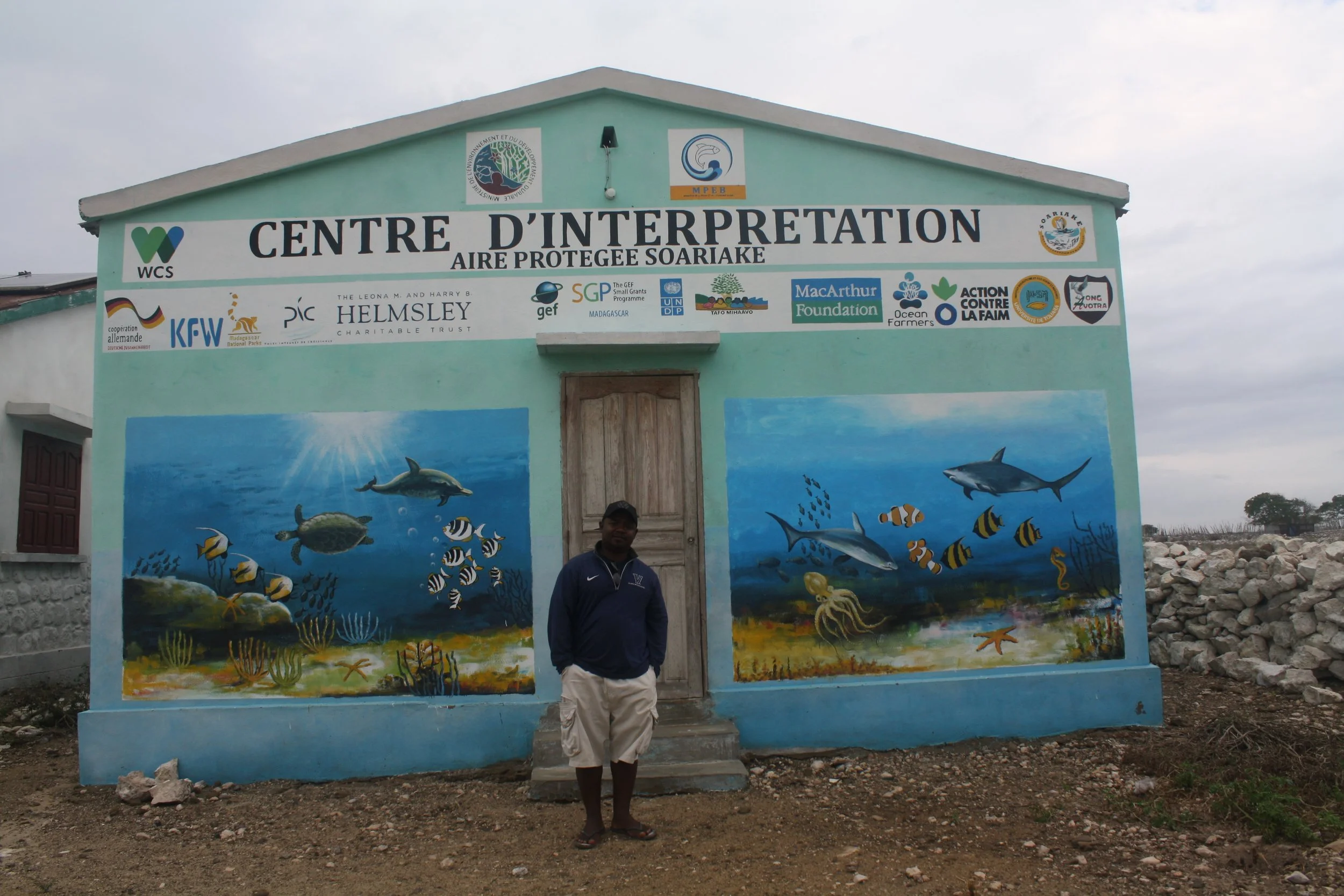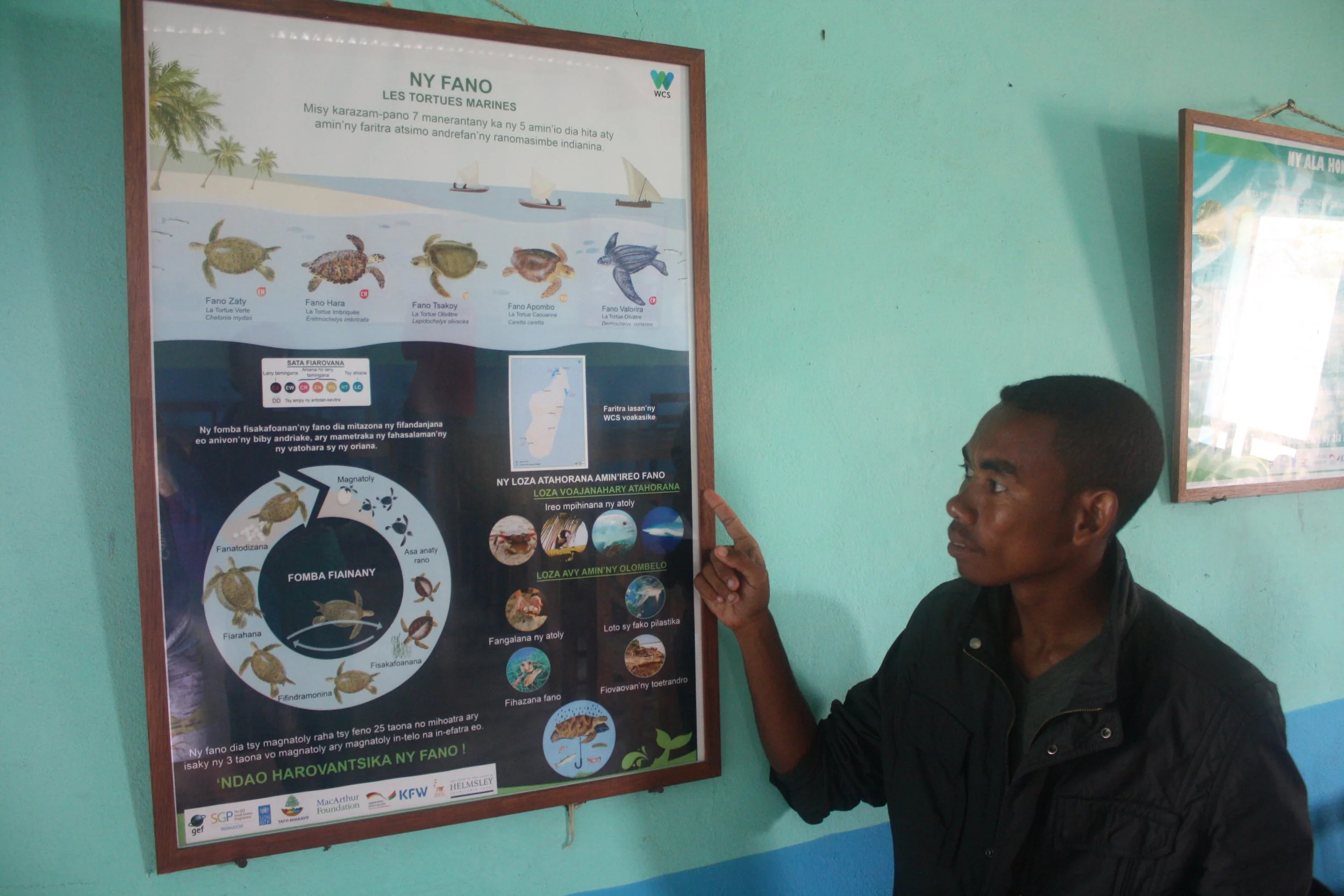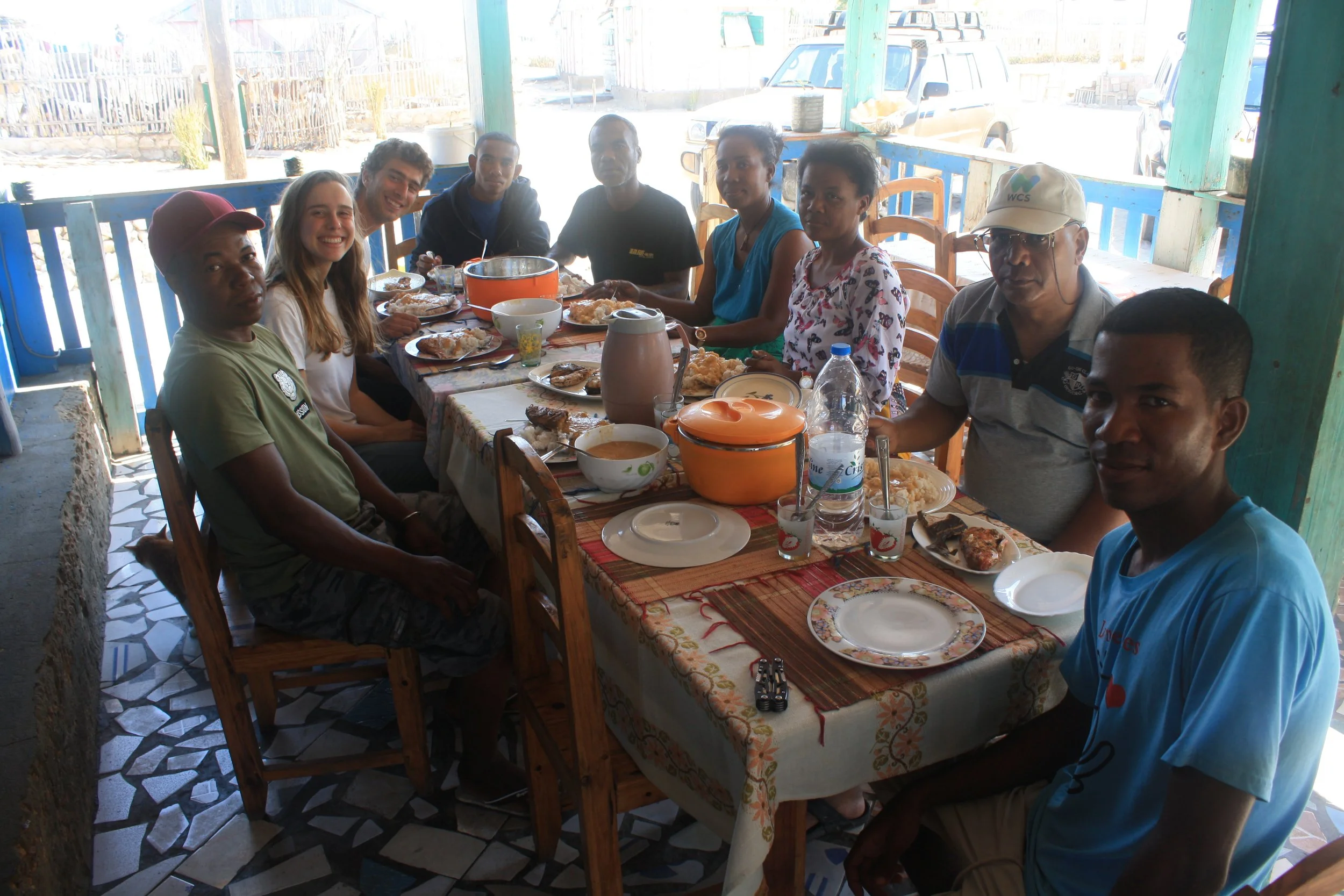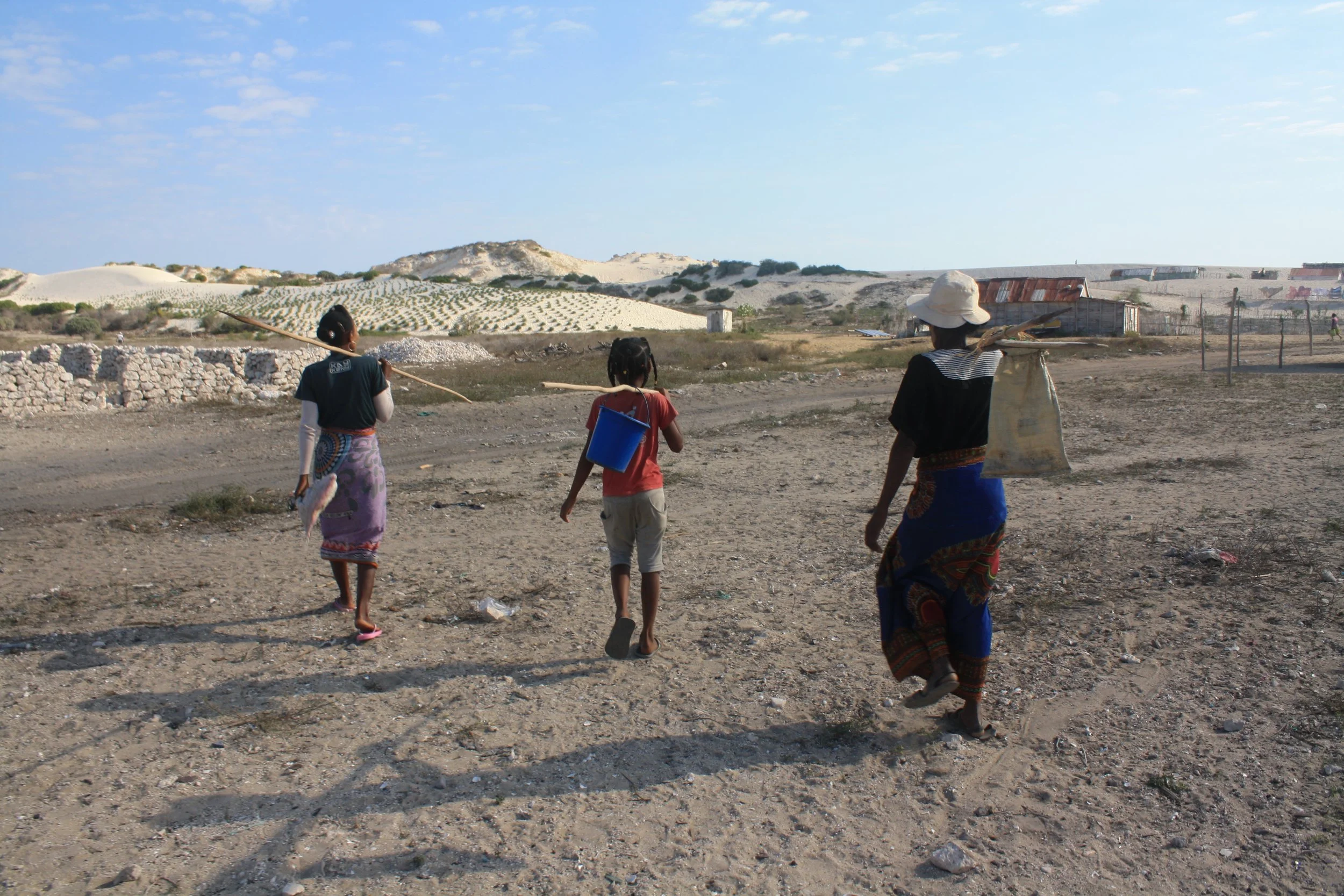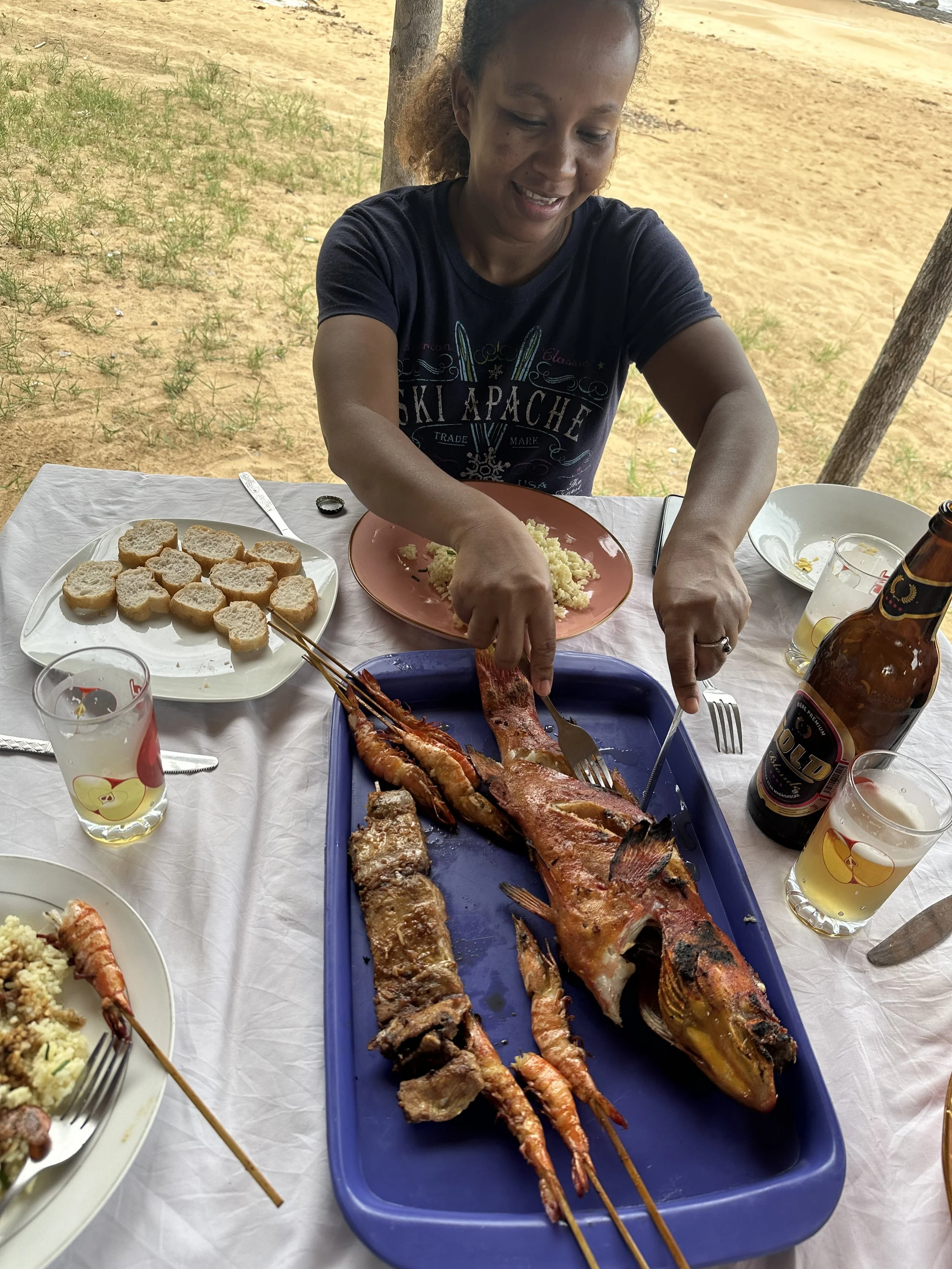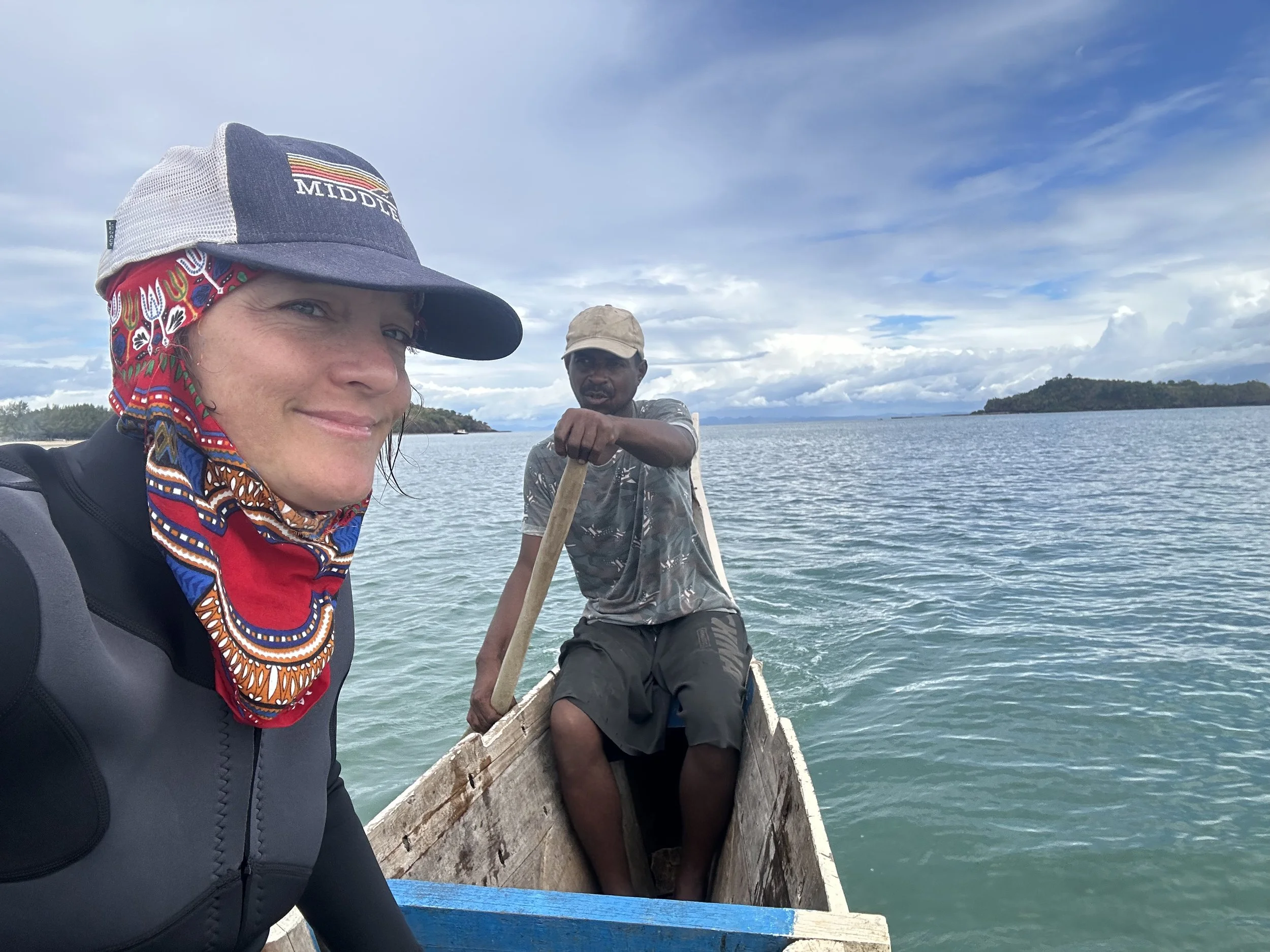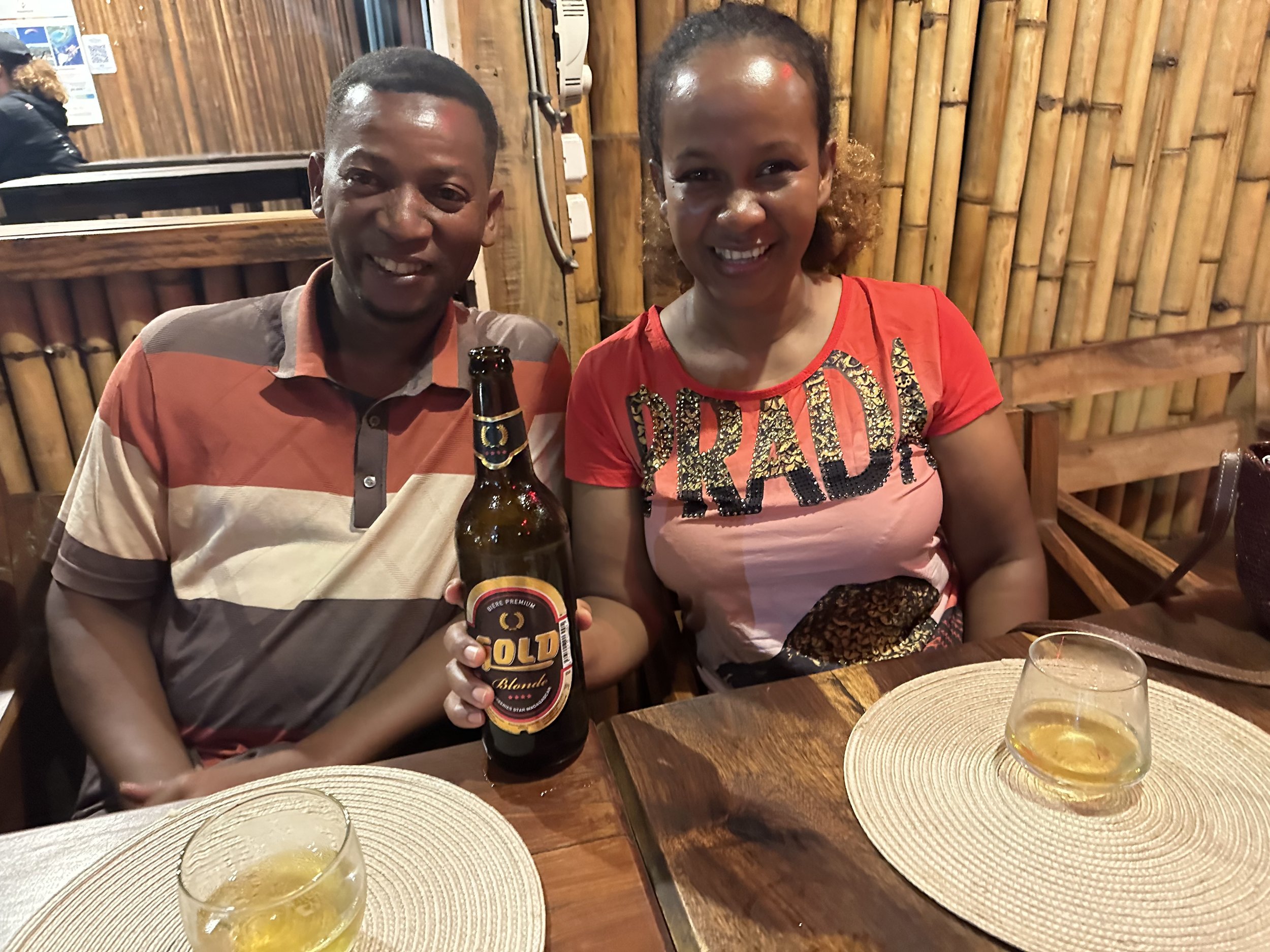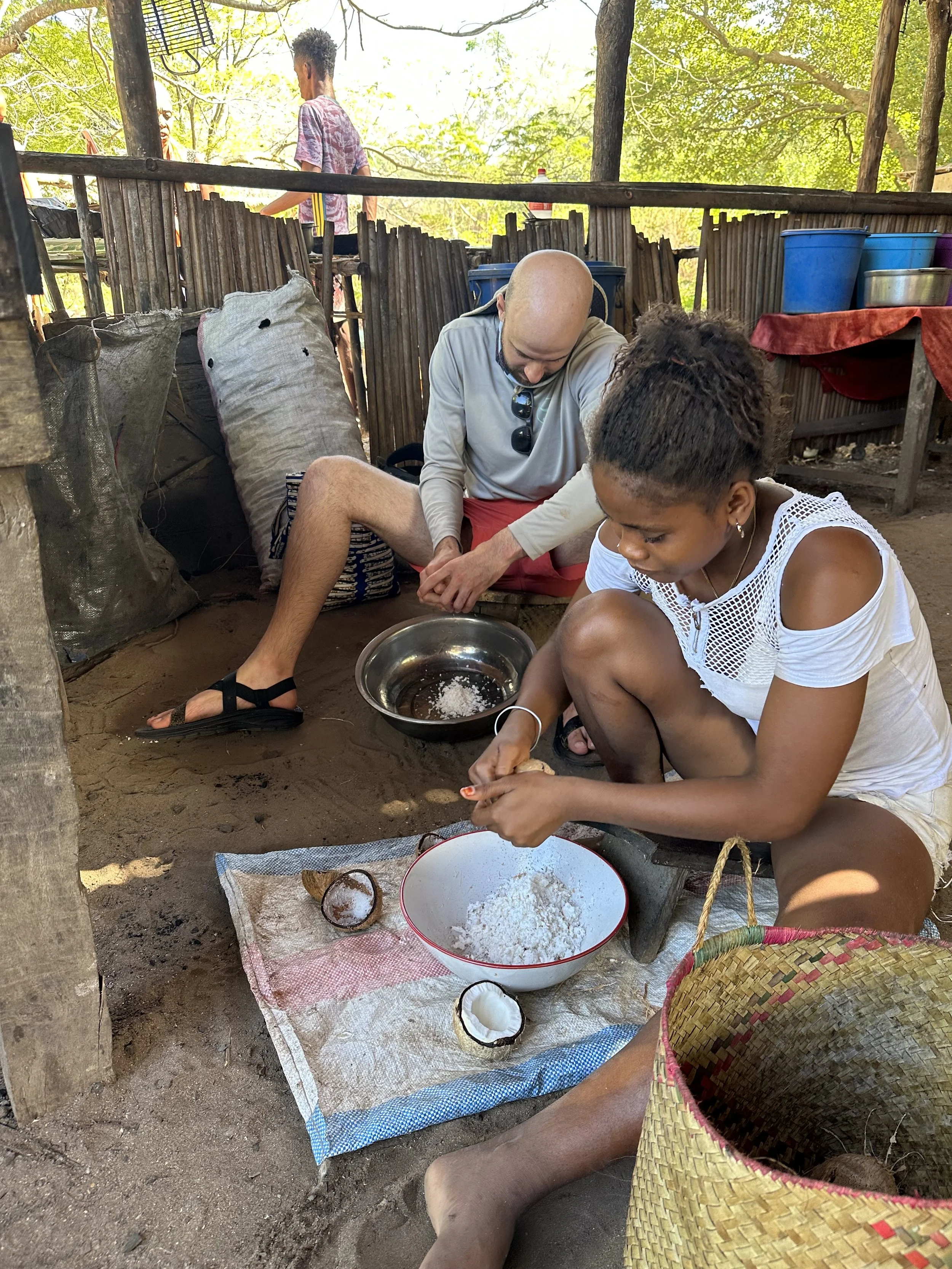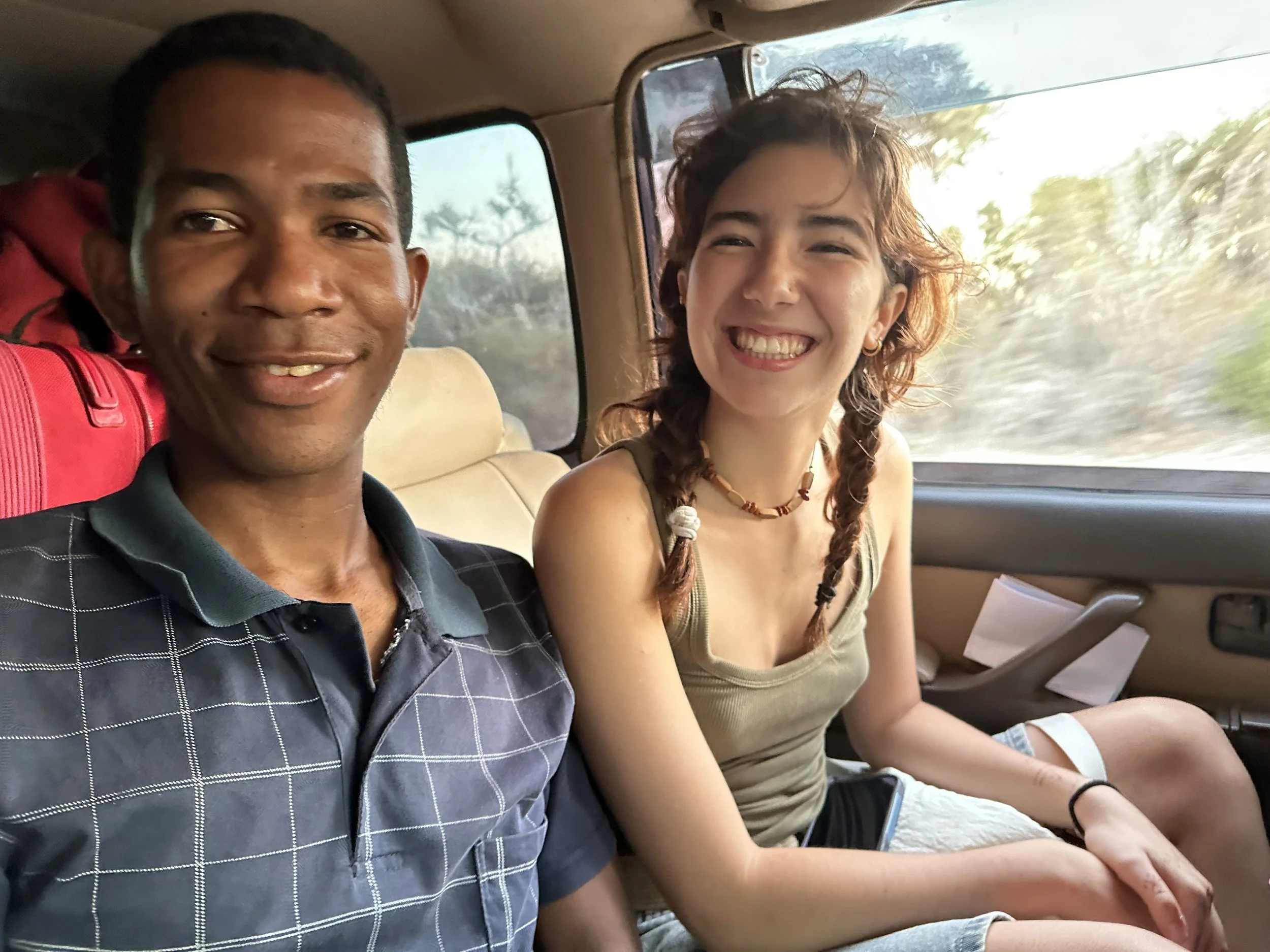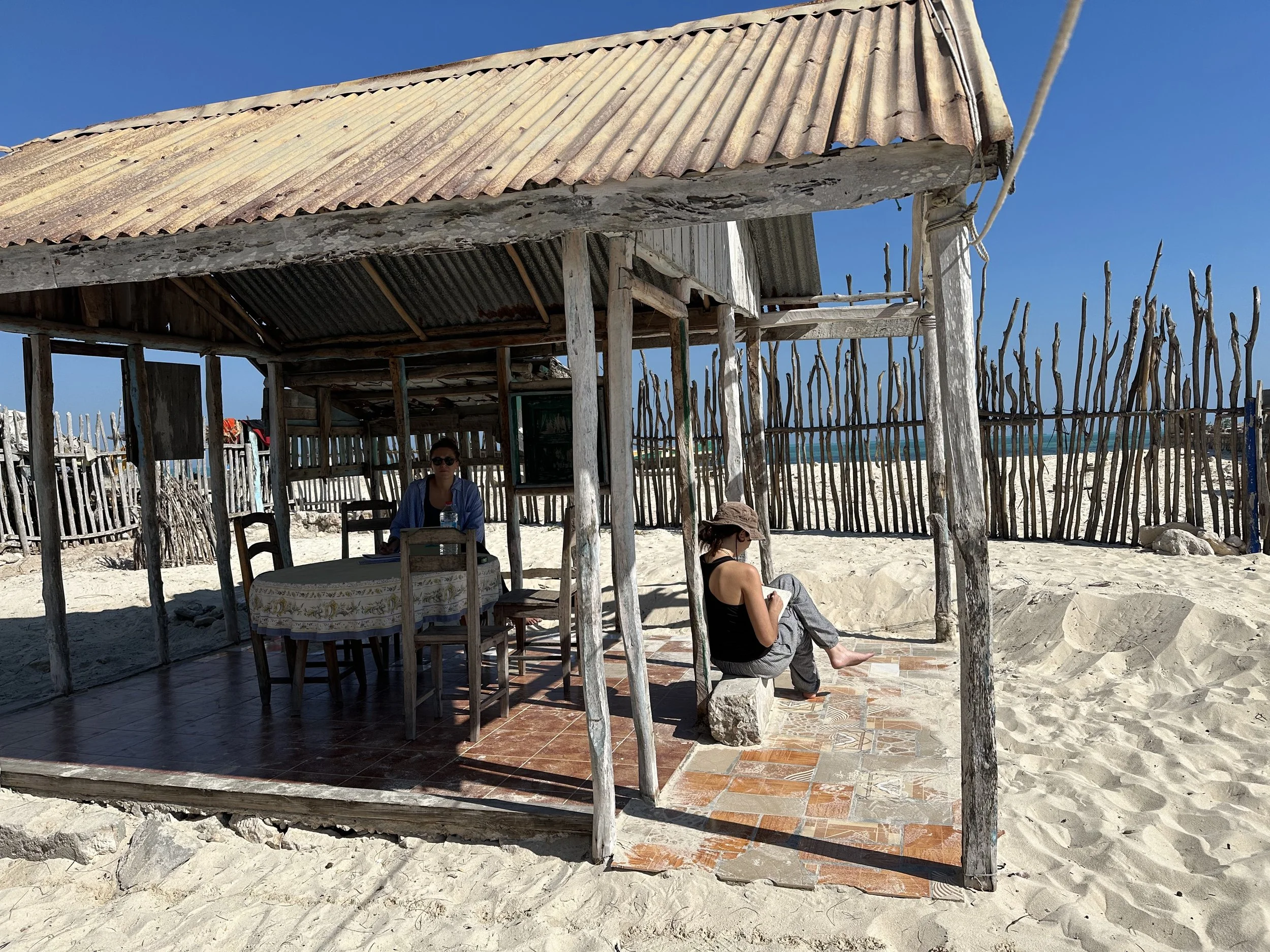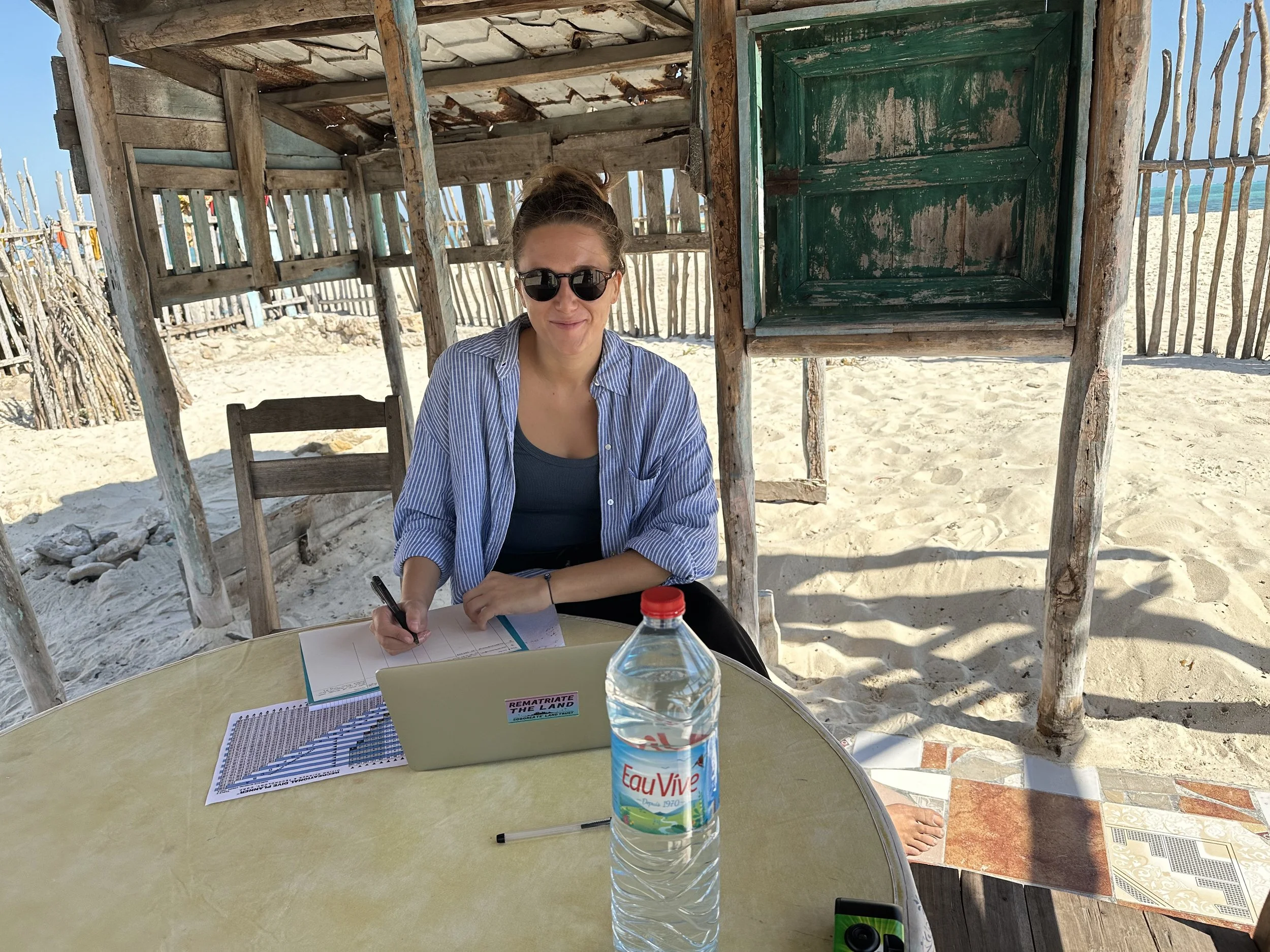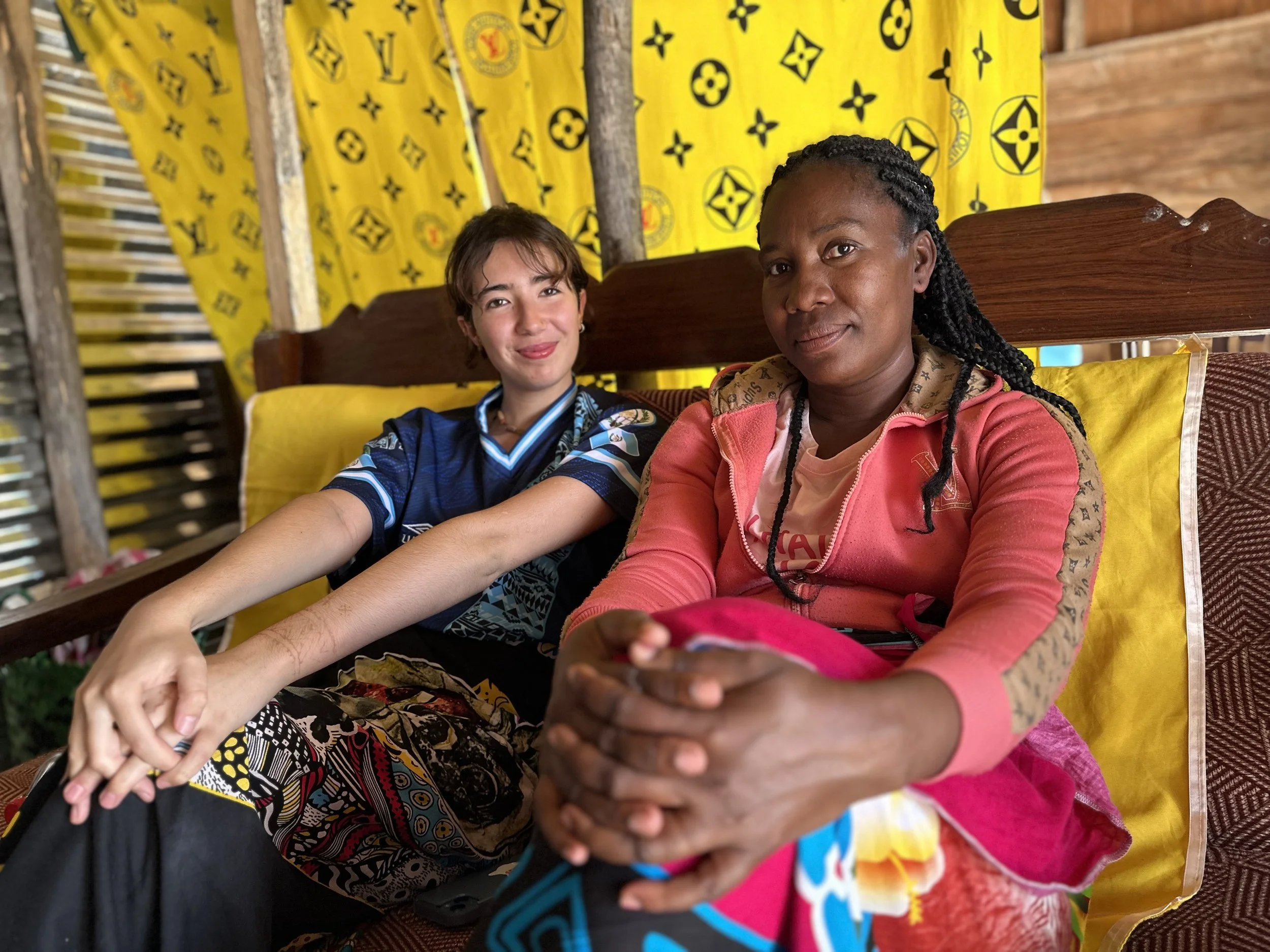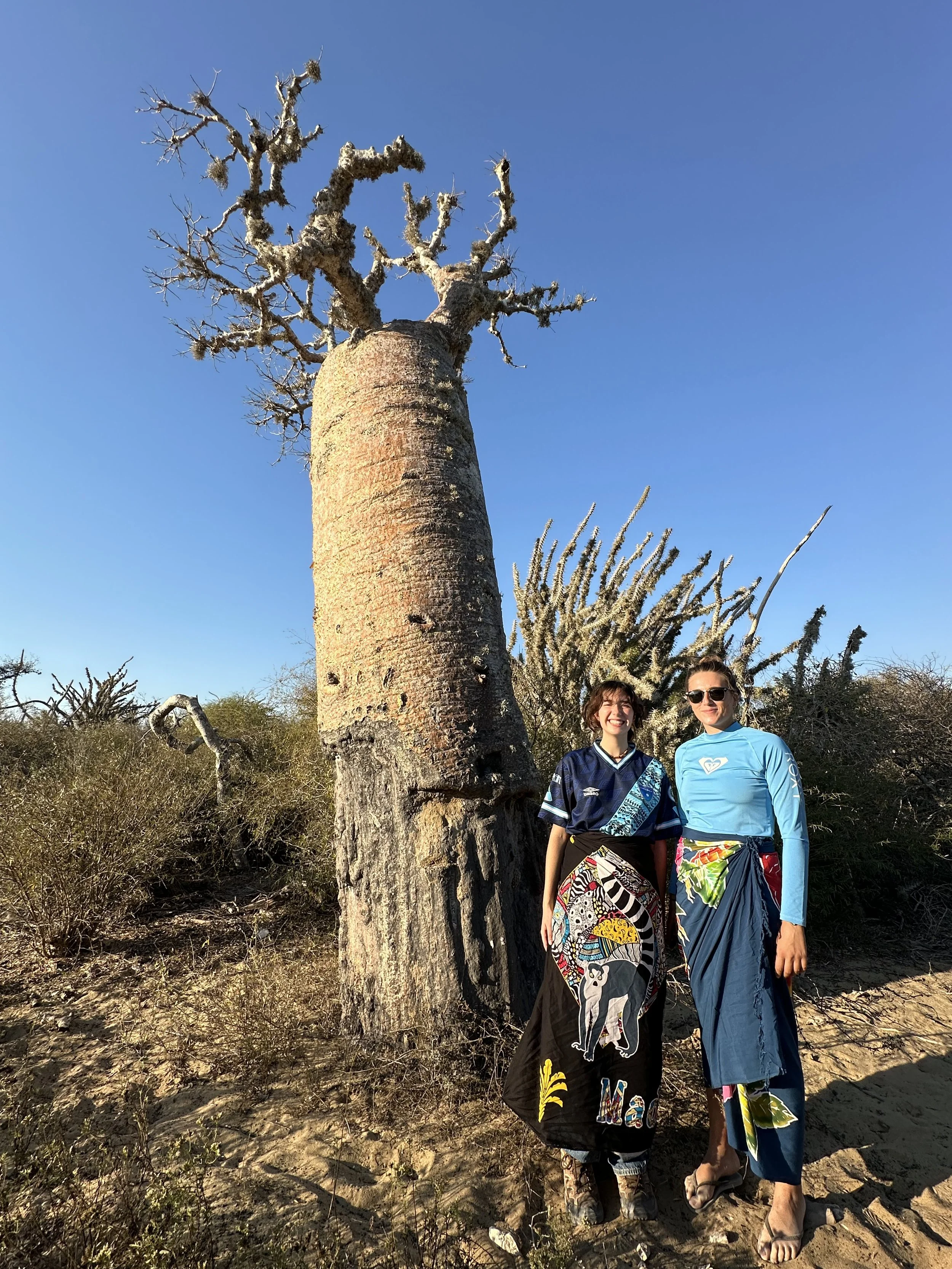Considerable debate exists in the marine conservation literature concerning the conditions under which marine protected areas (MPAs) can meet both marine biodiversity protection and fisheries enhancement objectives. Exploring the way MPAs influence harvest patterns is particularly important in developing countries that are highly reliant on fisheries as a source of protein and income, and in ones that also rely on the fishers to monitor and enforce MPAs.
We are working to build a framework to quantify and qualify feedbacks within reef-based marine socio-ecological systems. We are taking a holistic approach to measuring community engagement in MPA management, one that favors an analysis of gender, class, race, and age to disentangle the complex set of social factors that drive harvest practices as well as one’s willingness to uphold rules associated with an MPA. We hypothesize that these two processes (community engagement and harvest practices) are interconnected; that a fisher’s identity and willingness to participate in MPA management is informed by what they fish (e.g. relatively sessile sea cucumber, or relatively mobile reef shark), where they fish (e.g. shallow zone of the reef crest or deep-water pelagic zone), and how frequently they fish (e.g. several times a day or only during neap tides). Ultimately, we theorize that both community engagement and harvest dynamics inform the ecological effectiveness of a given MPA.


































